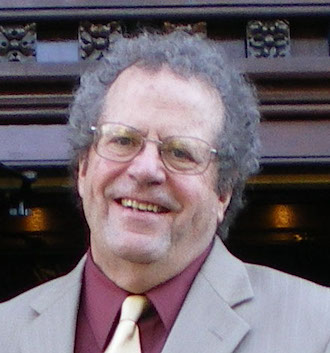Mediation Analysis: Nearly 100 Years of Progress - Online Course
Distinguished Speaker Series: A Seminar Taught by
David A. Kenny12:00pm-3:00pm (convert to your local time)
Professor Kenny’s seminar is next in our series of 3-hour short courses taught by some of the most prominent and innovative scholars in the field. If you’d like to nominate a distinguished speaker, e-mail us at info@statisticalhorizons.com.
ABSTRACT
Researchers are keenly interested in understanding how it is that a manipulated variable affects an outcome variable: Does a given variable, a mediator, explain, either partially or completely, the causal effect of a variable on an outcome? Because mediation analysis provides answers to important theoretical and applied questions, it is an extremely popular topic.
This lecture focuses on linear models of mediation, in which both the mediator and the outcome variable are measured at the interval level. It begins with an introduction to the basic mediational model and definitions of terms. Next, we review the progression of approaches to mediation over nearly 100 years, with an emphasis on the causal assumptions of mediation. The historical review discusses early approaches, the steps approach, the indirect effect and its standard error, and finishes with the causal inference approach to mediation.
Considerable attention is devoted to dealing with confounding and measurement error in mediational analyses, focusing on design, statistical analysis, and sensitivity analysis. Also discussed are some surprising results concerning the power of the indirect effect. The lecture concludes with a discussion of mediation successes.
The presentation is non-technical, focusing more on the practical than on the statistical and mathematical. A list of key references and applications will be provided.
This Distinguished Speaker Series seminar will consist of three hours of lecture and Q&A, held live* via the free video-conferencing software Zoom.
*The video recording of the seminar will be made available to registrants within 24 hours and will be accessible for four weeks thereafter. That means that you can watch all of the class content and discussion even if you cannot participate synchronously.
Closed captioning is available for all live and recorded sessions. Live captions can be translated to a variety of languages including Spanish, Korean, and Italian. For more information, click here.
Payment information
The registration fee is $195.
PayPal and all major credit cards are accepted.
Our Tax ID number is 26-4576270.
The registration fee is $195.
PayPal and all major credit cards are accepted.
Our Tax ID number is 26-4576270.

